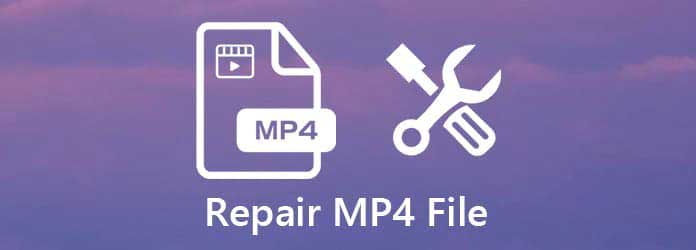Social Security Numbers on Sale After Data Breach | How to Protect Your Personal Information?

There’s a new spring sale on the dark web, and it could be for your personal information.
On March 30, AT&T announced that the personal data of more than 70 million customers ended up on the dark web. That’s a breach with catastrophic consequences. Many people will feel the impact in the following weeks.
Of the millions of affected users, 7.6 million are current customers, and the rest are former accounts. AT&T stated that there hasn’t been a “material impact,” and the stolen data varies for each account at the moment. But it can include:
- Your name and surname
- Your email
- Your AT&T password
- Your phone number
- Your social security number
- Your date of birth
- Your AT&T account number
What can happen if your data is leaked?
In the hands of a hacker, checking all of the bullet points above means a jackpot. They will have everything to commit identity theft, take out a loan in your name, or just make your life a whole lot harder.
People who have their social security numbers (SSNs) leaked should keep a careful watch on their banking apps and credit reports. An SSN is one of the primary requirements for credit card and loan applications. If you notice anything suspicious, like an extra account you didn’t open, contact the bank immediately.
Users whose SSNs were not leaked will have problems, too. There’s a high chance that you haven’t changed your primary email address and password in the last five years. The leaked data is supposed to be from 2019, so the emails and passwords could still be in use in many cases. Cybercriminals can use your email address and password to log into social media apps and hold your accounts for ransom. They can log into Amazon and send themselves gift cards. The list goes on.
What is AT&T doing to resolve the problem?
Users have no blame in this situation. AT&T stated that they don’t know how the data got on the dark web, but they know it happened in mid-March. It’s the company’s fault, and it’s trying to make amends. AT&T announced that it will offer complimentary identity theft and credit monitoring services to affected users. They’re sending information via email and postal mail.
Unfortunately, this is not the first time a situation like this has happened. AT&T has experienced breaches multiple times, and data leaks plague the industry itself.
For example, in March last year, 9 million AT&T customers had their information leaked through a third-party marketing vendor. In this case, it wasn’t AT&T but a marketing platform.
But AT&T isn’t alone in bad cybersecurity experiences. T-Mobile had a breach in 2023 that affected almost 40 million people. Verizon is part of the party with a data leak of 63 thousand people, mainly focused on its employees. Hackers love attacking telecommunications companies because they have lots of personal data and usually approach the main target through third-party vendors.
Also read: Full Guide to Fake Error Message Text Copy and Paste
How to protect your personal information?
You need to give your data to companies if you want the comfort of a modern life. However, the risk of a data breach that would expose the personal data of millions of customers to cybercriminals remains. So, what should you do if you want to protect your personal information?
The easy answer is not to use the internet. The answer that is easier to implement is to follow these tips:
Use Strong Passwords
The secret to a strong password is to go a few levels above simple words and numbers. Don’t use your birthday or your pet’s name. Instead, choose a combination of symbols, numbers, uppercase, and lowercase letters.
But here’s the most challenging part about solid passwords—you must have a unique one for every website. You might think that’s too much hassle, but hackers will breach your accounts without even breaking a sweat if you use the same password as on your AT&T account.
No free Wi-Fi
Don’t even consider connecting to a free Wi-Fi network if you aren’t using a VPN service. Public networks have close to zero security measures. Other users can access your activity and history or perform cybersecurity attacks. Either use your mobile data, a password-protected network, or an online VPN, nothing else.
No oversharing
Everyone knows that one person who posts too much online. We’re talking about every intimate detail of their life (if you don’t know anyone like that, there’s a high chance it could be you). This behavior can be annoying to others, but the main problem lies in putting your personal data at risk. Be wary of posting your birthday, location, and holiday trips online.
Careful with links and attachments
If you’ve ever asked a professional fighter what punch hurts the most, they’ll answer it’s the one they don’t see coming. A sneaky attack in the form of malware will catch you off-guard through phishing emails. Cybercriminals love doing that, and you must always double-check the sender’s email, spelling errors, and other clues and not download the attachment if you don’t know the sender.


